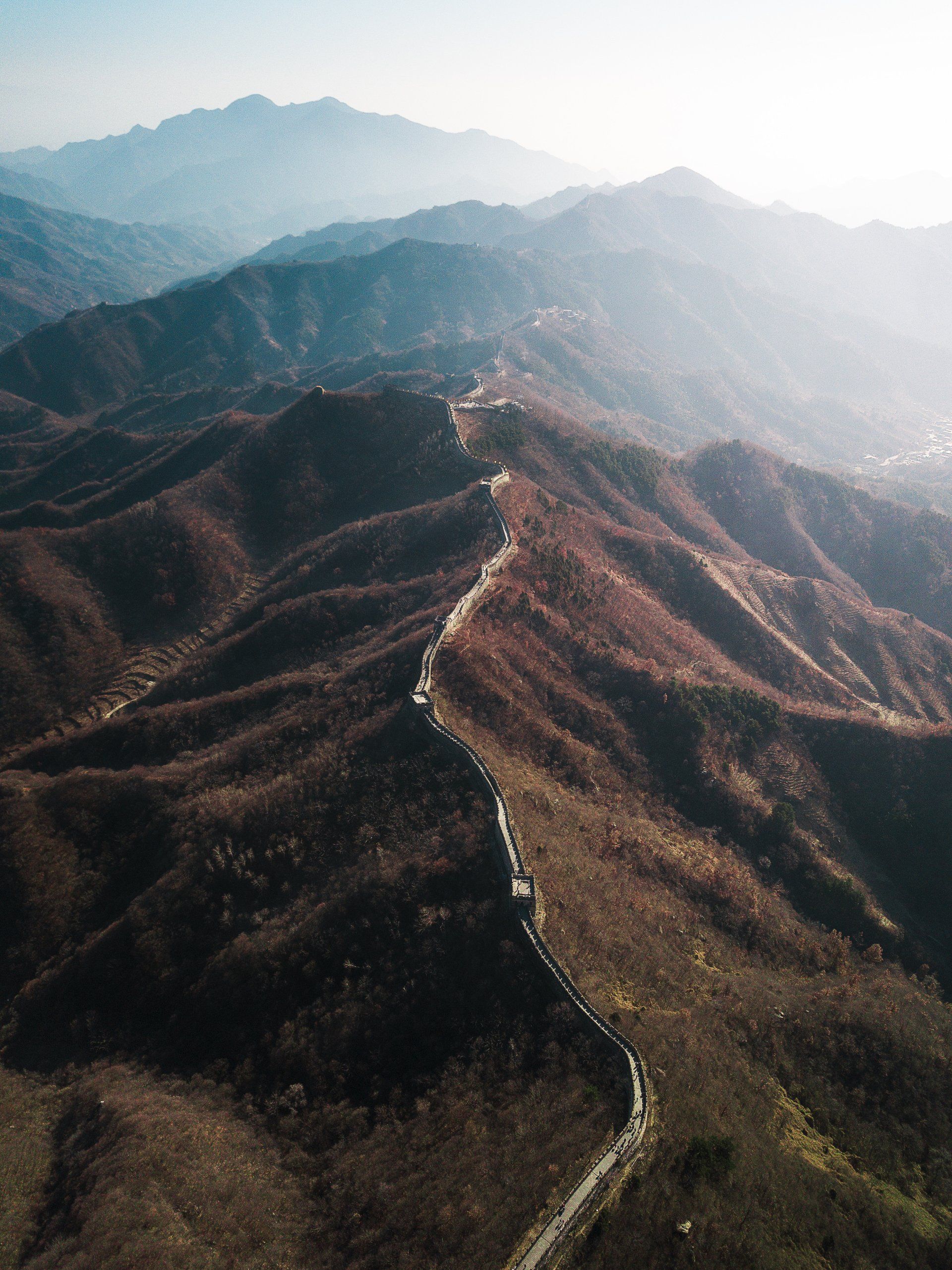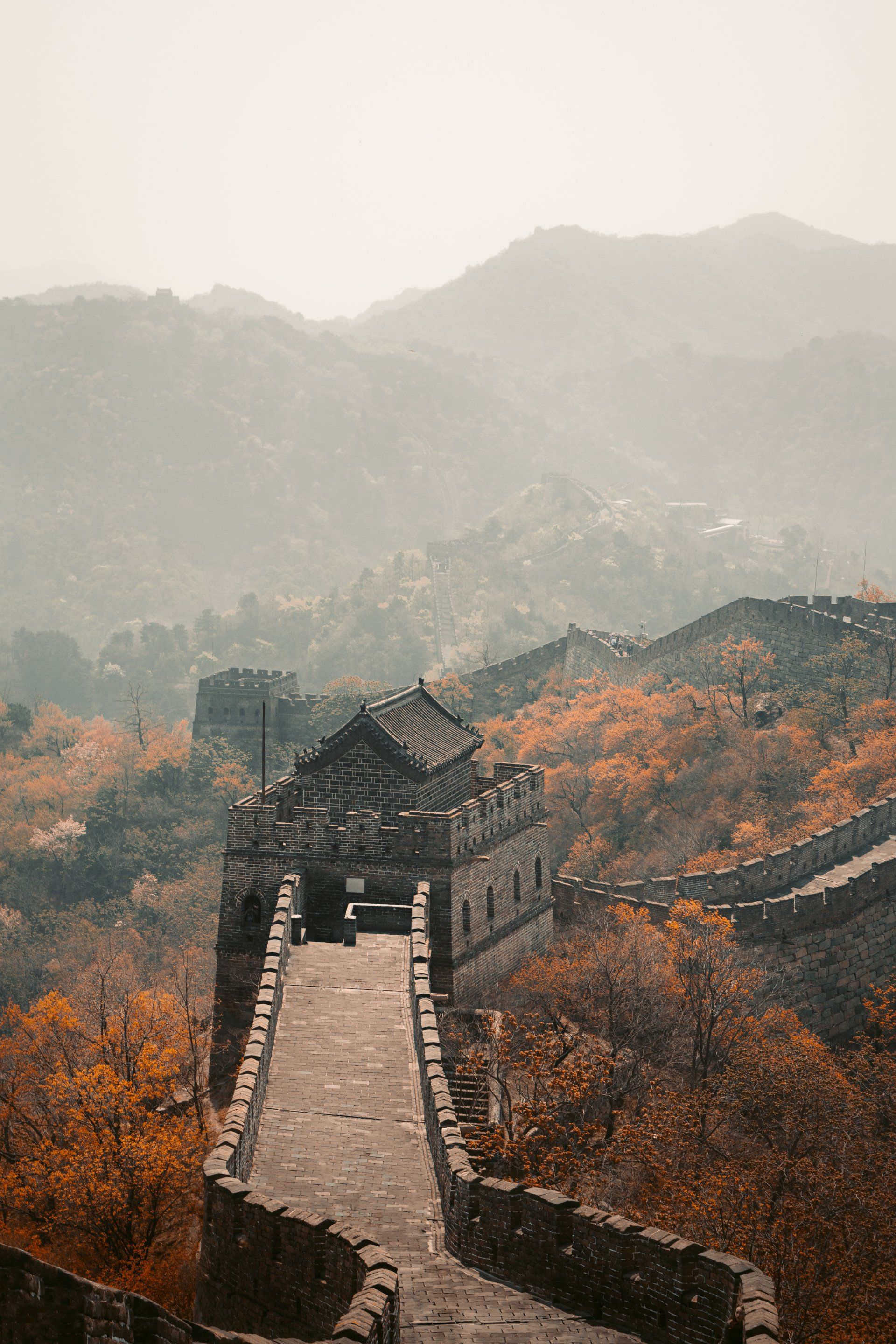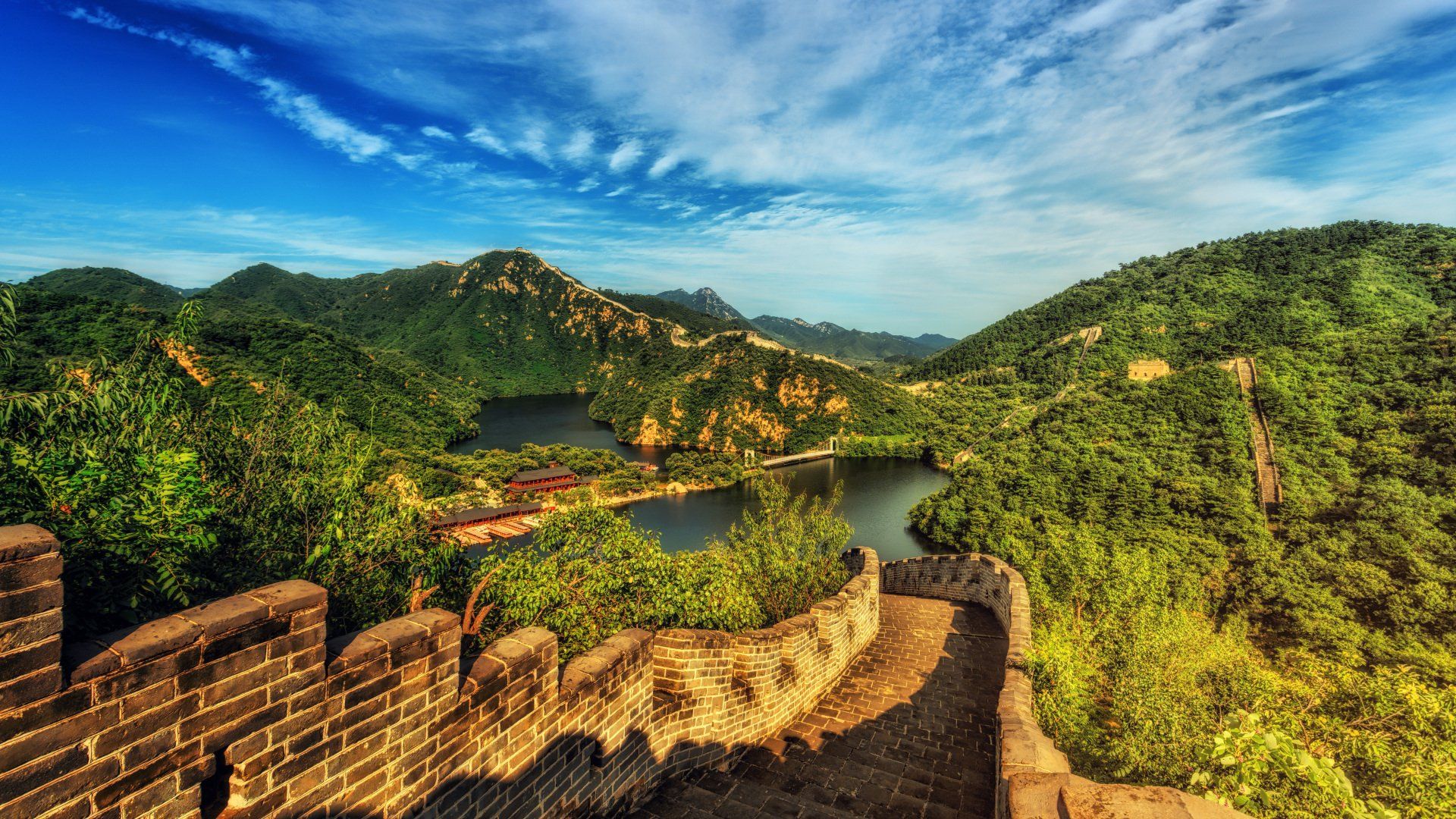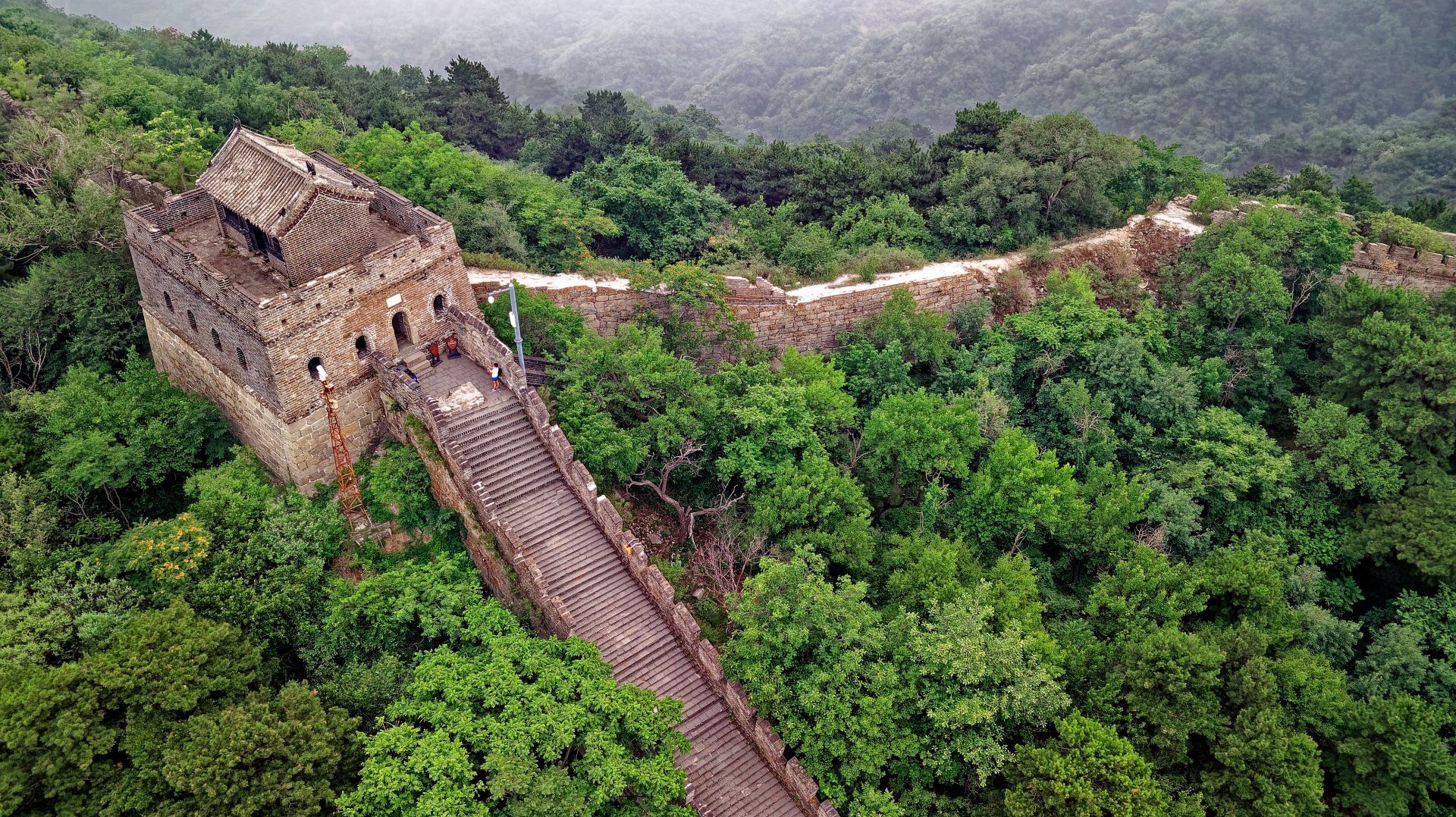Welcome to the Great Wall
Weather and climate
The weather around the Great Wall of China varies depending on the season. Summers (June to August) are hot and humid with temperatures ranging from 25°C to 35°C (77°F to 95°F), while winters (December to February) are cold and dry with temperatures dropping below freezing, around -5°C to 5°C (23°F to 41°F). It's advisable to check the weather forecast before visiting.
Accommodations
Accommodations near the Great Wall are limited as it's primarily a tourist attraction rather than a residential area. However, popular nearby cities like Beijing offer a wide range of accommodation options including luxury hotels, budget guesthouses, and boutique hotels.
Travel advice and safety
When visiting the Great Wall, it's important to stay on designated paths and be cautious of steep and uneven sections. Bring plenty of water, sunscreen, and wear comfortable shoes suitable for walking. Be wary of vendors selling overpriced souvenirs and always negotiate prices before purchasing.
Activities and attractions
The main activity at the Great Wall is walking and hiking along its various sections. Popular sections include Badaling, Mutianyu, Jinshanling, and Simatai. Visitors can also enjoy panoramic views of the surrounding landscapes and explore nearby attractions such as the Ming Tombs.
Local cuisine and restaurants
While there are limited dining options directly at the Great Wall, visitors can find restaurants and eateries in nearby towns and cities. Some recommended dishes to try include Peking duck, dumplings, and traditional Chinese stir-fries.
Transport
The most convenient way to reach the Great Wall is by booking a guided tour or hiring a private car from Beijing. Alternatively, public buses and trains are available to certain sections of the wall, but may require transfers and additional travel time.
Currency and payment
The currency used in China is the Chinese Yuan (CNY). Credit cards are accepted at major hotels and restaurants, but it's advisable to carry cash for smaller purchases and street vendors.
Language and communication
The primary language spoken in China is Mandarin Chinese. English may be spoken by some tour guides and hotel staff, but it's helpful to learn basic Mandarin phrases or carry a translation app to communicate with locals.
Culture and local customs
Respect local customs and traditions when visiting the Great Wall, such as avoiding loud behavior and refraining from littering. It's also customary to remove shoes before entering temples or homes in China.
Packing list
Bring comfortable walking shoes, lightweight clothing suitable for the weather, sunscreen, a hat, sunglasses, a refillable water bottle, and a camera to capture the stunning views.
Budgeting
The cost of visiting the Great Wall varies depending on factors such as transportation, entrance fees, and guided tours. On average, budget travelers can expect to spend around $20 to $50 USD per person for entrance fees and transportation.
Health and medical facilities
Medical facilities near the Great Wall are limited. It's advisable to purchase travel insurance and carry a basic first aid kit. In case of emergencies, seek medical attention at nearby hospitals in Beijing.
Travel tips and recommendations
Arrive early in the day to avoid crowds and enjoy the cooler weather. Consider visiting during the shoulder seasons of spring (April to May) and autumn (September to October) for milder temperatures and fewer tourists.
Emergency contacts
In case of emergencies, dial 110 for police, 120 for medical assistance, and 119 for fire services in China.
Internet and communication
Major mobile service providers in China include China Mobile, China Unicom, and China Telecom, offering prepaid SIM cards and mobile data plans for tourists. Free WiFi may be available at some tourist sites and hotels, but it's advisable to have mobile data for reliable internet access.
Submit your travel inquiry here
Thank you for contacting us.
We will get back to you as soon as possible.
We will get back to you as soon as possible.
Oops, there was an error sending your message.
Please try again later.
Please try again later.











